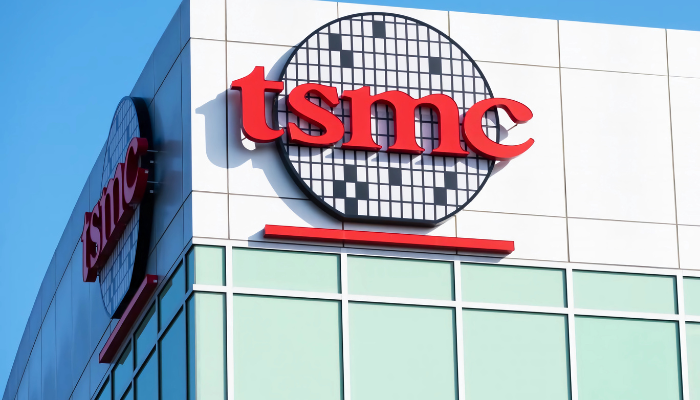
*Image from the internet; all rights belong to the original author, for reference only.
The Impact and Prospects of TSMC Accelerating 2nm Chip Trial Production
TSMC, as a leader in the global semiconductor industry, announced in July 2024 that it would enter the trial production stage of 2nm chips ahead of schedule. This decision not only marks a significant breakthrough in its technological progress but also foretells profound impacts on the global electronics market. The successful development and application of the 2nm process are expected to greatly enhance chip performance and energy efficiency, providing direct competitive advantages to partners such as Apple.
Q1: Why is TSMC Advancing 2nm Chip Trial Production?
The advancement of TSMC’s 2nm trial production plan is due to its 3nm process achieving over a 70% yield rate in the early stages, exceeding initial expectations. This achievement underscores TSMC’s leading position in semiconductor manufacturing technology, giving the company the confidence to enter the next generation of technology development earlier. Additionally, the 2nm process is expected to enter mass production in the second half of 2025, signaling a further enhancement of TSMC’s competitiveness in the global market.
Q2: What Does This Technological Advancement Mean for Apple?
Apple stands to benefit significantly from TSMC’s 2nm technology, with the new process expected to boost Apple product performance by 15% to 30% and reduce power consumption by 30% to 40%. This means Apple can launch a new generation of products with higher performance and lower power consumption, maintaining a leading position in the fiercely competitive high-end market.
Q3: Which Component Models Will the 2nm Technology Specifically Impact?
The 2nm process will initially be used to produce Apple’s A17 chips and M4 chip series, which will be directly applied to the iPhone 18 series and the next-generation MacBook Pro launched in 2025. Additionally, the N2P variant of the 2nm process will be available in 2026, offering higher performance efficiency and cost benefits.
Q4: How Will the Early Trial Production of 2nm Chips Affect Supply Cycles, Product Prices, and Expected Production Quantities?
TSMC’s early trial production of 2nm chips will significantly shorten the time-to-market cycle, potentially advancing product launch timelines by 6 to 12 months. Although the initial investment costs are high, possibly leading to higher initial product prices, the prices are expected to gradually decrease in the long term as production scales up and cost controls improve.
Q5: What Are the Development Trends and Potential Challenges of 2nm Chip Technology?
The development of 2nm technology signifies a move towards higher performance and lower power consumption in semiconductor manufacturing technology, but it also brings increased manufacturing complexity and costs. TSMC will need to address challenges related to maintaining high yield rates while scaling up production, and optimizing its production processes to reduce costs.
© 2024 Win Source Electronics. All rights reserved. This content is protected by copyright and may not be reproduced, distributed, transmitted, cached or otherwise used, except with the prior written permission of Win Source Electronics.

COMMENTS